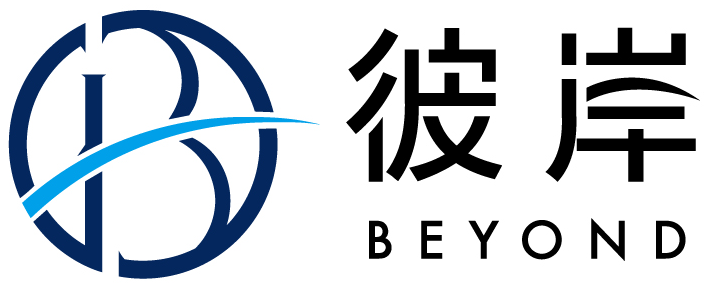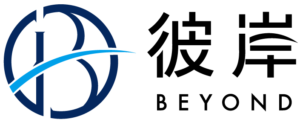In recent months, Microsoft’s Bing search engine has come under intense scrutiny for its compliance with Chinese censorship laws. While Bing remains the only major Western search engine accessible in China, this access comes with significant compromises. This article explores how Bing operates within China’s strict internet regulations and the global ramifications of these practices.
Bing’s Popularity in China
Bing holds a notable 16.46% market share in China, largely due to Google’s exit from the country years ago. This makes Bing the second most popular search engine in the region, following Baidu.
The Mechanics of Censorship
To maintain its presence in China, Microsoft enforces a sophisticated censorship system on Bing. This involves filtering out search results for sensitive topics such as “human rights,” “Tiananmen Square massacre,” and “tank man.” In 2021, a notable incident occurred when Bing accidentally applied these censorship rules globally, blocking searches for “tank man” in countries like the US and France.
Microsoft’s Response and Challenges
Microsoft claims that its censorship practices in China are strictly in response to legal requirements and that it often challenges orders it deems improper. However, critics argue that these actions contradict Microsoft’s public commitment to human rights.
Global Implications
The controversy surrounding Bing’s censorship extends beyond China, raising concerns about the influence of Chinese regulations on global internet freedom. This situation underscores the broader challenges that tech companies face when operating in markets with strict censorship laws.
Microsoft’s Bing is at the center of a complex and contentious issue involving compliance with Chinese censorship laws. As the only Western search engine still accessible in China, Bing’s operations highlight the delicate balance between maintaining market access and upholding principles of free expression.


